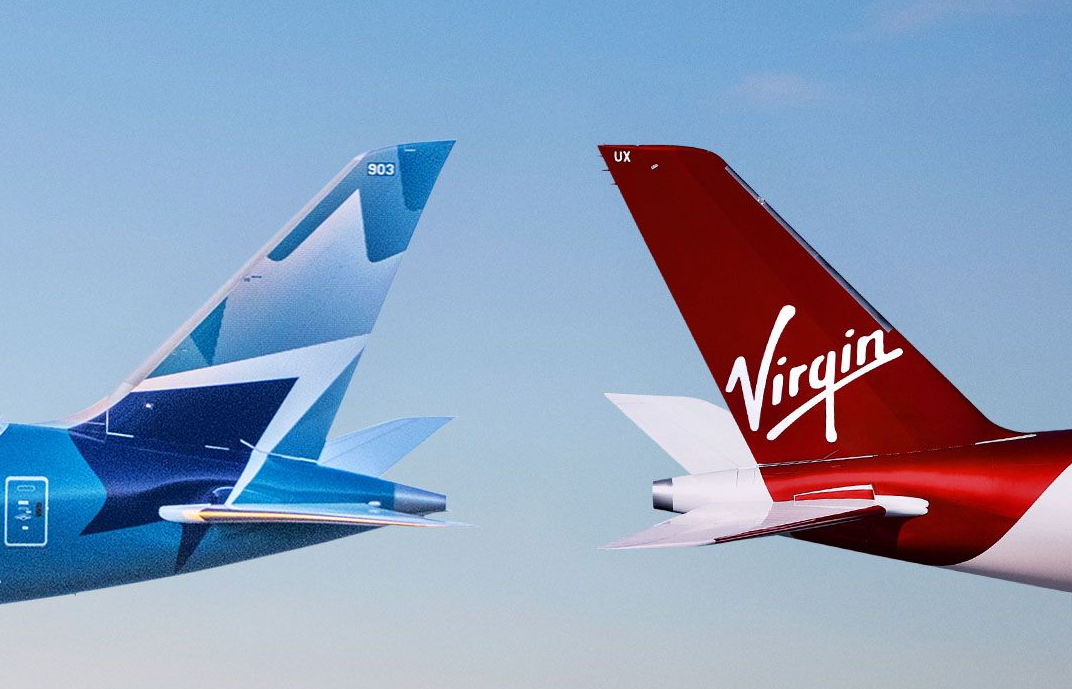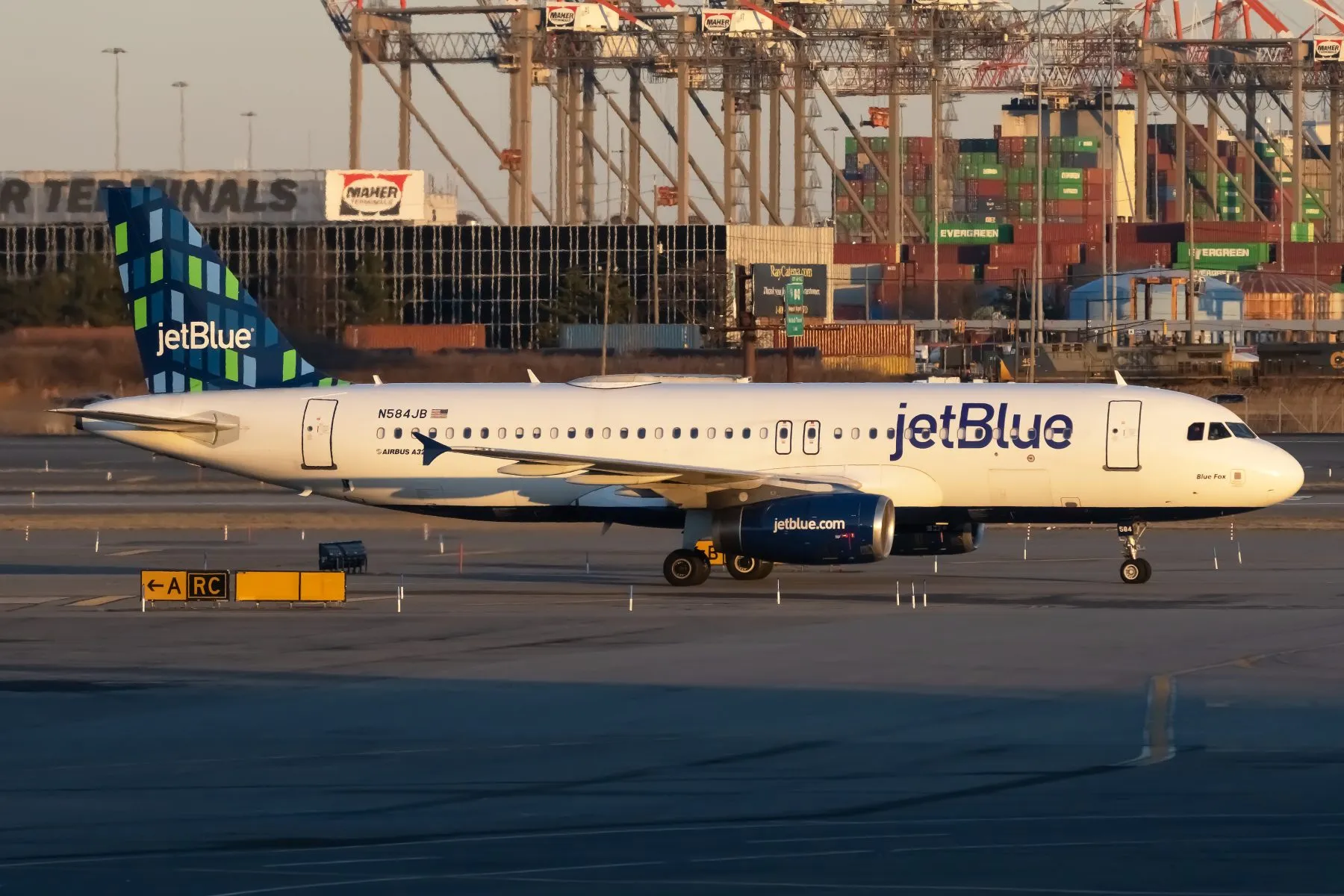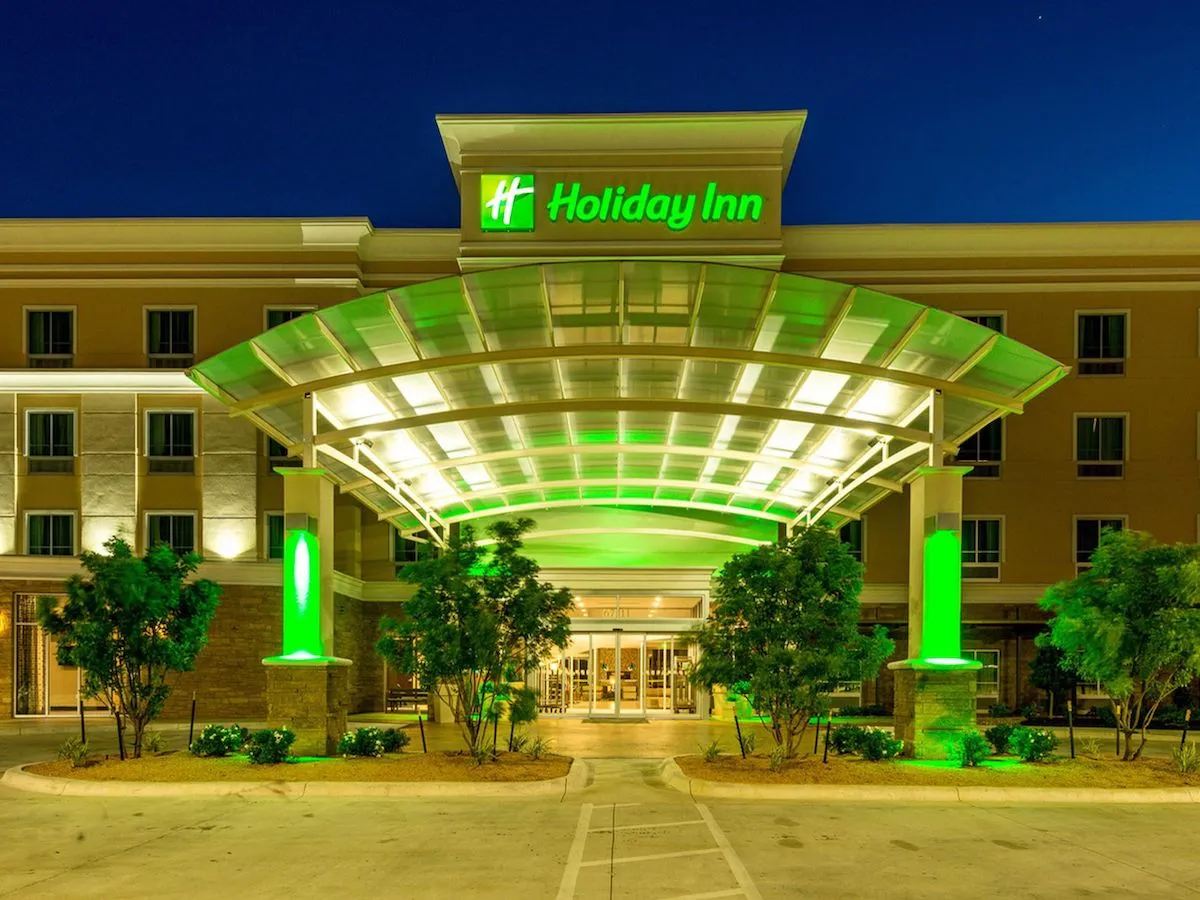Marriott Is Happy With Its Size
Skift Take

Skift Daily Briefing Podcast
Listen to the day’s top travel stories in under four minutes every weekday.Good morning from Skift. It’s Wednesday, September 21. Here’s what you need to know about the business of travel today.
Listen Now
🎧 Subscribe
Apple Podcasts | Spotify | Youtube | RSS
Episode Notes
Dozens of hotel companies have considered merger and acquisition deals in recent years, but Marriott International CEO Anthony Capuano said it’s unlikely his company will be involved in such a major transaction in the near future, reports Andrea Doyle, the Senior Editor for Skift Meetings.
Capuano said, in discussion with Senior Hospitality Editor Sean O’Neill at Skift Global Forum on Tuesday, that Marriott doesn’t need to make an enormous deal just for the sake of growth, describing such transactions as “damn hard.” Marriott, already the world’s largest hotel company, acquired Starwood Hotels & Resorts Worldwide in a complicated $13.6 billion deal in 2016.
However, Marriott has entered into a partnership with famed hotelier Ian Schrager to open the Tampa EDITION, the first five-star hotel in the Florida city.
Next, blended business and leisure trips that became more popular during the pandemic are driving revenue growth at American Airlines, reports Edward Russell, editor of Skift brand Airline Weekly,
American Chief Commercial Officer Vasu Raja said in discussion with Skift founder and CEO Rafat Ali at Skift Global Forum on Tuesday that roughly half of the company’s revenues now come from those blended trips. Raja added the pandemic unlocked the great merging of work, travel and personal lives, a subject Skift has explored in the past year.
Finally, employees have come to treasure the flexibility working from home provides them. But Barry Diller, chairman and senior executive of both Expedia Group and IAC, lashed out at the practice at Skift Global Forum on Tuesday, reports Executive Editor Dennis Schaal.
Diller, in discussion with Editor-in-Chief Tom Lowry, described working from home as kind of stupid and a crock. He added he doesn’t believe much innovation comes from sitting at a laptop in a dining room. However, Diller said he was warned his companies would lose a lot of workers if they were required to head to the office five days a week.
Meanwhile, Diller expressed confidence that corporate travel would rebound substantially, citing the need for businesses to send staff out to meet clients.





